Mystery Surrounds Allegations Against Dondo Mogajane
In a surprising move, Dondo Mogajane, a well-respected figure in South Africa’s financial landscape, recently announced his resignation from all corporate board positions. This decision comes on the heels of unspecified allegations thrown against him. For many who have tracked his career, this development is both unexpected and enigmatic, raising pressing questions about the nature of the allegations and their potential impact on his professional trajectory.
In a declarative statement, Mogajane emphatically denied involvement in any misconduct, attributing the accusations to a convicted felon seeking to tarnish his reputation. This strong rebuttal highlights his desire to uphold integrity and transparency, values he insists have always guided his decisions in the various roles he has held. With a career that spans several high-profile positions, the former Treasury boss's choice to relinquish these roles underlines the severity of the situation.
During his tenure as Director-General at the National Treasury until June 2022, Mogajane was well-regarded for managing South Africa’s complex financial terrain. His role in steering the National Treasury through challenging economic times is widely acknowledged. More recently, his leadership efforts extended to being the chair of the Government Employees Pension Fund and the CEO of the Moti Group, illustrating his continued influence in South Africa's corporate sphere.
The Shadow of VBS Mutual Bank
Not long ago, Mogajane's name surfaced in another controversy involving the collapse of the VBS Mutual Bank. Allegations pointed towards an agreement to accept a bribe, accusations that Mogajane vehemently denied. The collapse of VBS Mutual Bank was a dark chapter in South Africa’s financial history, one that saw several figures embroiled in scandal. Although reported by investigative journalists at amaBhungane, Mogajane maintained that these claims were baseless and sought to clear his name amid widespread media coverage.
This backdrop of previous allegations may, unfortunately, contribute to the shadow currently cast over his recent career. Industry veterans recognize the arduous task of maintaining a reputation in the face of such accusations, and many are drawn to the story not just for its professional ramifications but for its personal implications. Navigating the allegations can be both emotionally and professionally draining, a sentiment that those close to Mogajane will undoubtedly affirm.
Impact on the Corporate Sector
As Mogajane steps down, the ripple effects on the organizations he was associated with could be substantial. The Government Employees Pension Fund, having relied on his expertise, will now need to reconfigure its leadership dynamics. Similarly, the Moti Group, a conglomerate with diverse interests, may face challenges in adjusting to this abrupt leadership change. With key positions in such influential institutions left vacant, stakeholders are likely assessing the potential impacts and exploring interim leadership solutions.
Seasoned industry analysts suggest that these institutions might experience periods of uncertainty. Transitioning leadership under normal circumstances poses challenges; abrupt changes due to controversies add layers of complexity requiring adept crisis management. Both organizations are now tasked with reassuring stakeholders—be it policyholders, investors, or employees—of continued business stability and strategic direction.
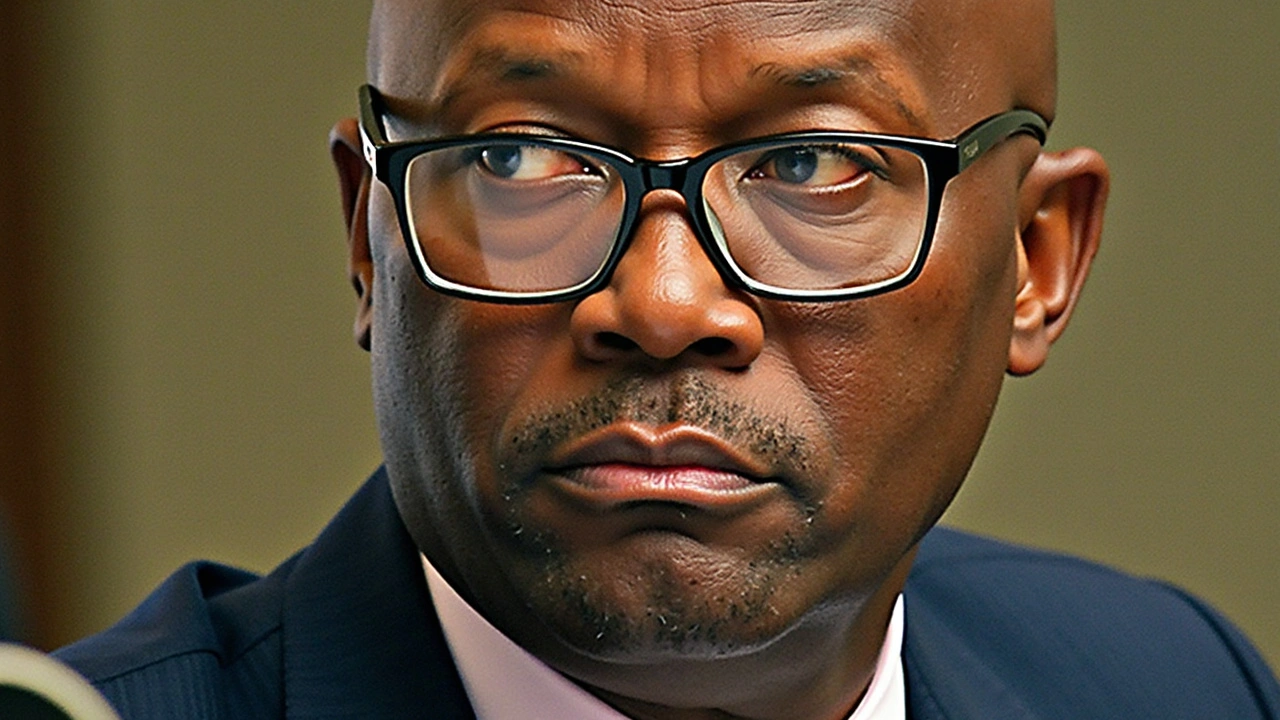
The Wider Implications and Moving Forward
The situation surrounding Dondo Mogajane is a stark reminder of the intense scrutiny public figures, particularly in the financial sector, are under. While Mogajane contemplates his future and any potential legal defenses, the broader industry is reminded of the fragile nature of reputations and the rapidity with which circumstances can evolve. It also emphasizes the critical need for transparency and the procedural rigour that organizations should adopt to insulate themselves from such controversies.
Going forward, the financial community will closely monitor developments regarding these allegations and Mogajane’s subsequent actions. It will serve as a case study for those in similar roles, highlighting both the cost of unchecked accusations and the imperative for robust defense mechanisms. In the meantime, Mogajane has reiterated his confidence in due process and sustained his plea for justice, indicating that this chapter, while significant, is merely a part of his life’s narrative, with the future yet to be written.

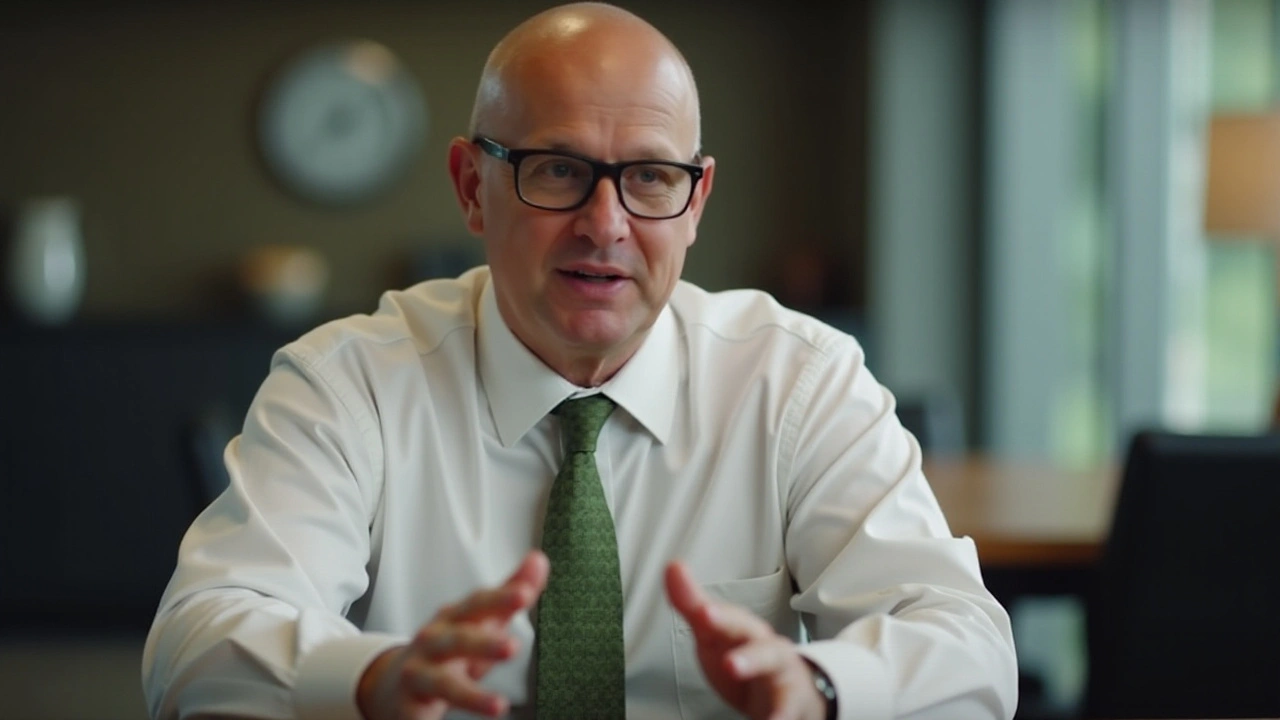
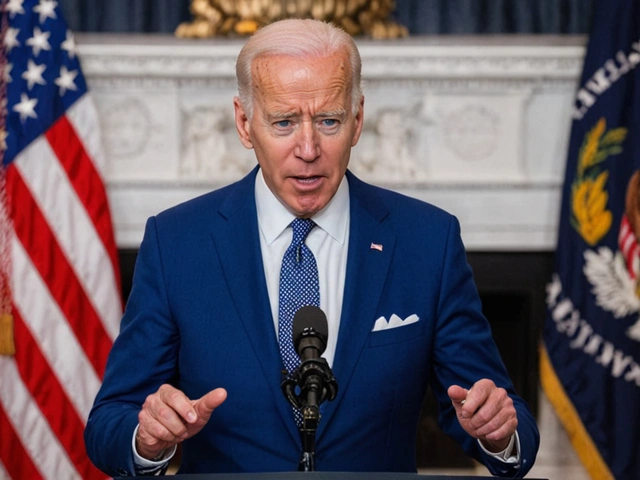

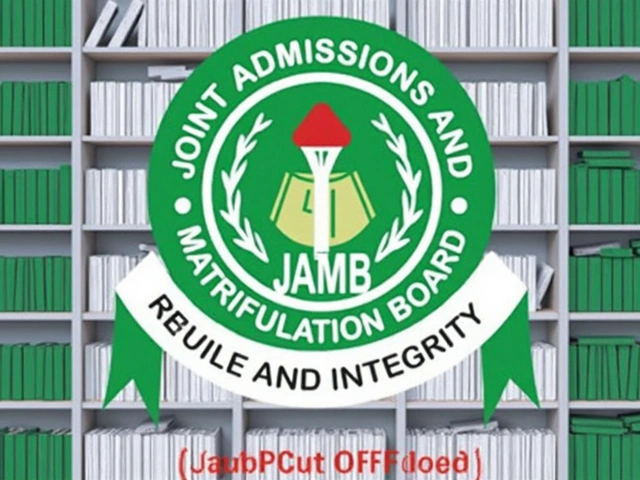

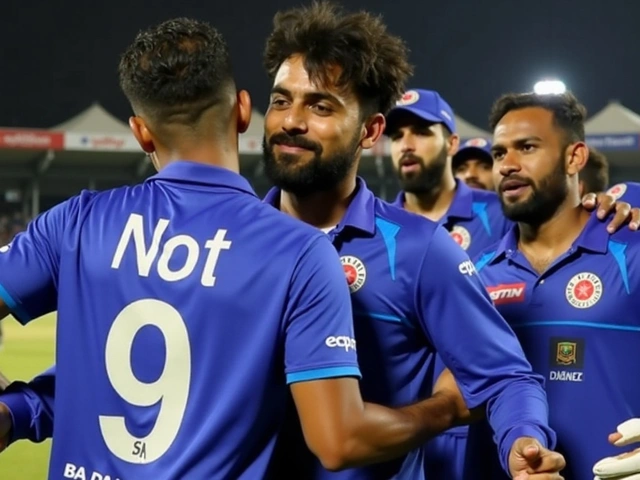
14 Comments
Wow, that’s a heavy move, Dondo. Resigning from all those seats must have been a tough call, but it’s also a chance to clear the air. 🌟 Hope the due process is swift and fair! 😊
I understand the difficulty of such a decision it takes strength to step away from responsibility and protect one’s reputation the best wishes for a prompt resolution
That resignation definitely sends shockwaves through the pension fund and the Moti Group. It’s a reminder how quickly a career can be put on pause by controversy. I think stakeholders will be watching the interim appointments closely. Hopefully the boards can keep things stable while the legal side plays out. 🙌
Well, that’s a classic plot twist.
Another day, another headline – looks like the old guard can’t catch a break.
Let’s dissect this saga with the precision of a forensic accountant armed with a magnifying glass and a disdain for media spin. First, the timing of the resignations is suspiciously convenient, as if someone pulled the rug just as a critical vote was looming at the GEPSF. Second, the “convicted felon” narrative is a textbook deflection technique, designed to divert attention from potential internal collusion. Third, the VBS Mutual Bank debacle still haunts the financial sector, and linking Dondo to that fiasco is not merely coincidence but a pattern of blame shifting. Fourth, the language in his public statement-“strong rebuttal” and “integrity” tossed around like buzzwords-betrays a rehearsed script rather than genuine surprise. Fifth, the boardrooms he vacated are now scrambling for replacements, a scenario that often results in power grabs by less scrupulous actors. Sixth, the lack of concrete evidence presented by the accusers makes the whole affair feel like a smoke screen. Seventh, one must consider the role of investigative journalists, who occasionally blur the line between reporting and sensationalism. Eighth, the legal counsel surrounding Dondo has remained unusually silent, a silence that can be interpreted as tacit acknowledgment. Ninth, the corporate governance frameworks in South Africa, while robust on paper, have historically struggled with enforcement in high‑profile cases. Tenth, the public’s trust in institutions erodes with each unsubstantiated scandal, creating a fertile ground for cynicism. Eleventh, the ripple effect on pension fund members could be significant if the interim leadership makes missteps. Twelfth, the Moti Group’s diversified portfolio means that any mismanagement could have cross‑industry repercussions. Thirteenth, it’s worth noting that resignations of this magnitude are rarely voluntary in the absence of pressure from powerful stakeholders. Fourteenth, the alumni network of the National Treasury may be orchestrating a quiet campaign to protect its own legacy. Fifteenth, all these elements converge to suggest that the “justice” Dondo claims to seek may be more about image rehabilitation than uncovering truth. In sum, the entire episode reads like a chapter from a corporate thriller, complete with villains, whistleblowers, and an uneasy audience waiting for the next plot twist.
Kimberly, you’ve painted a masterpiece of paranoia, but let’s not forget that sometimes a resignation is just a resignation. The narrative you spin feels more like a drama series than a factual report, and the “smoke screen” you mention could simply be the natural fallout of an over‑hyped scandal.
Ah, the stage is set, and we are mere spectators to a tragedy that unfolds in boardrooms. While Gift reduces the spectacle to “just a resignation,” the emotional undercurrents ripple through every stakeholder, haunting the corridors of power with whispers of betrayal.
I see both sides of the argument. It’s important to separate speculation from verified facts, and to keep the focus on ensuring that any transitional governance maintains fiduciary responsibility for members.
Governance must be transparent
It’s fascinating how quickly the public moves from admiration to accusation, and perhaps that reflects more on our collective appetite for scandal than on any single individual’s actions.
Indeed, Cheryl, the very fabric of our societal judgment is woven with threads of expectation, suspicion, and-at times-unwarranted moralism, which, when pulled too tightly, can strangle the nuanced truth that lies beneath!
So we’re just out here debating morals while the real issue-who’s really pulling the strings-remains hidden.
Let’s channel this energy into constructive dialogue, ensuring that any investigations are thorough, unbiased, and ultimately serve the best interests of the public and the institutions involved.